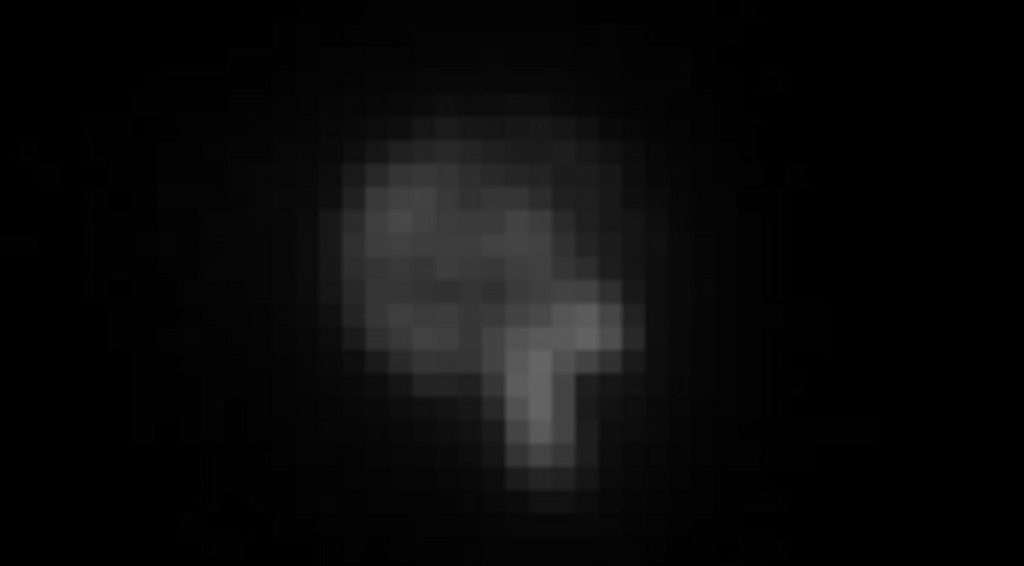Reconnaisance Watchers
Just six weeks after spotting a secret Chinese spaceplane, an amateur astronomer in Austria is back at it again.
In an interview with Space.com, sky watcher Felix Schöfbänker described how he came to capture imagery of Pentagon craft that nobody knows much about.
Using a 14-inch Dobsonian telescope that’s optimized to track satellites, the Austrian astrophotographer cross-referenced the images he captured with specs from various spy satellites launched by the Pentagon.
While most of what he’s spotted recently have been known crafts deployed by the National Reconnaissance Office (NRO), including the Boeing-built Future Image Architecture (FIA)-Radar satellites and some Keyhole (KH)-11 orbiters, one stood out to Schöfbänker as nothing he’s seen before.
“In July, I managed to get a look at a satellite called ‘USA 290,’ which is suspected of possibly being another KH-11,” he told Space.com. “But my image shows a different kind of design, which doesn’t look like a typical KH-11.”
Caught on camera: Satellite tracker photographs secret spacecraft https://t.co/wlrWH0PKoh pic.twitter.com/PGb98Vz68U
— SPACE.com (@SPACEdotcom) September 19, 2024
Strange Overtones
In the image Schöfbänker captured of the mysterious USA 290, a strange five-meter (or 16-foot)-long panel was seen, while KH-11s don’t appear to have such structures on them.
There’s a chance, the space watcher noted, that it could be a solar panel, “although I think it’s less likely due to the fact that the panel seems to be fixed on the rest of the structure,” which would require the entire satellite to move to track the Sun.
Beyond the strangeness of the panel, USA 290’s movements were also off.
“KH-11s are launched into Sun-synchronous orbits,” Schöfbänker said. “USA 290 wasn’t.”
Though he may have on his hands images of classified material — and for the second time this summer, after getting images of a secretive Chinese craft that we reported on back in August — the astronomer isn’t worried about getting in trouble.
“I don’t think that most countries would be too concerned about amateurs like me imaging their spacecraft,” he said, “since most big countries have their own observatories dedicated to this kind of imaging.”

